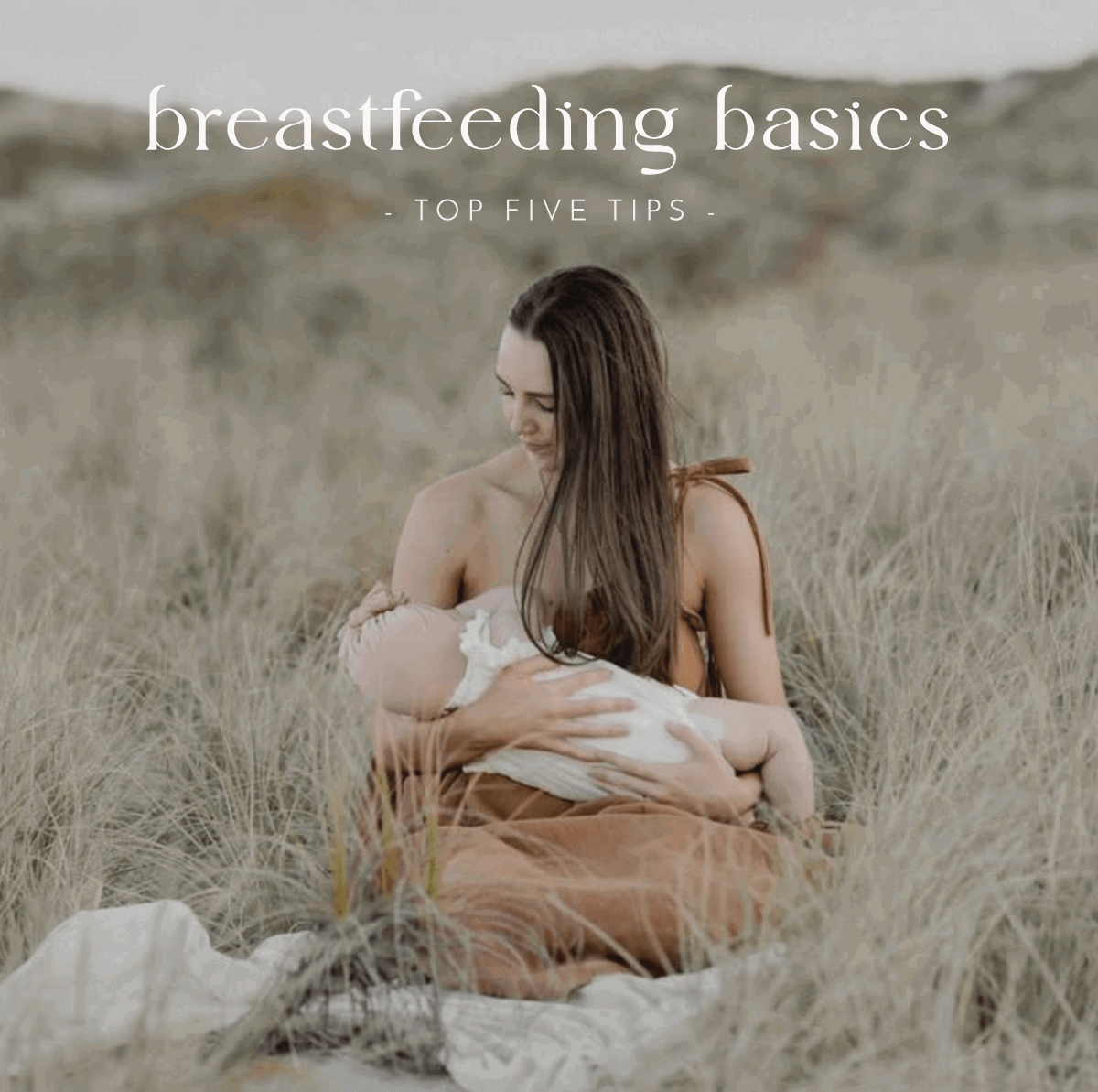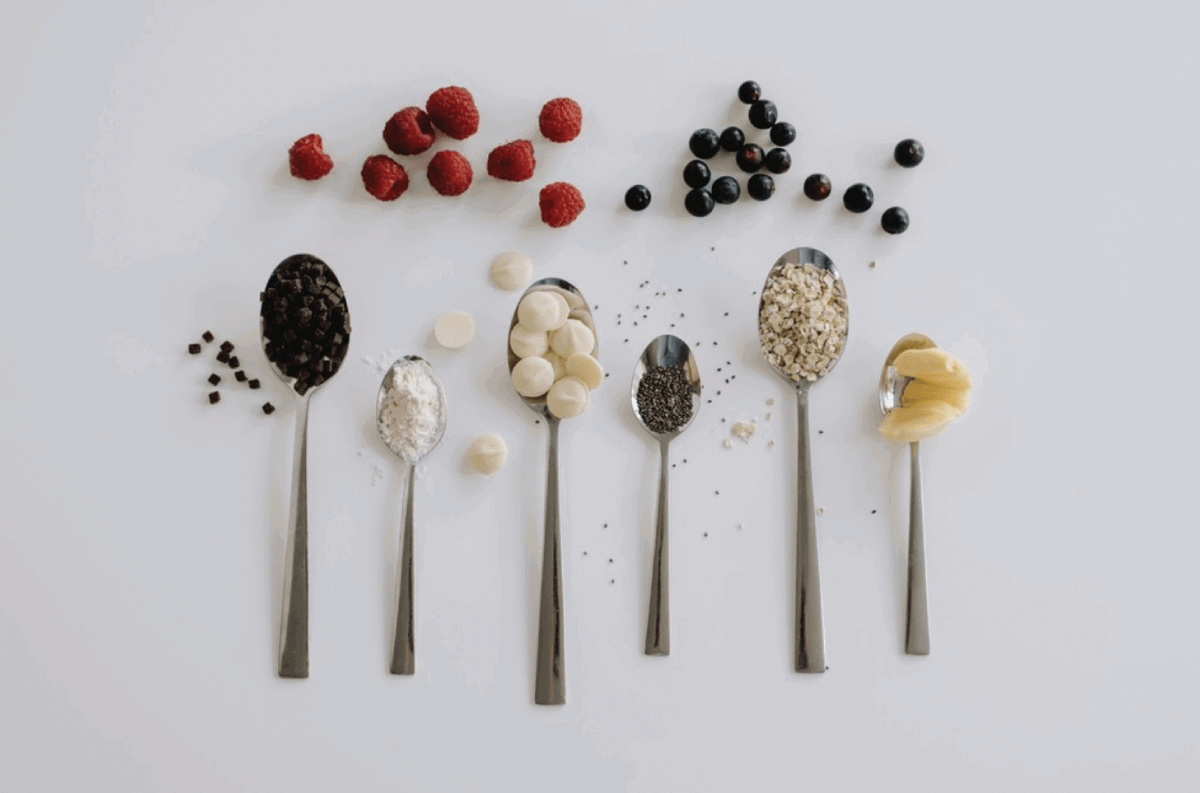Breastfeeding Basics | Top 5 Tips

In celebration of World Breastfeeding week, we had the pleasure of sitting down with Renata - a Nurse, Midwife, and Founder of Lila Jasmine and Little Mash Boutique - to delve into the world of breastfeeding basics, and a top 5 tips for nurturing your newborn with confidence and care.
The arrival of a newborn is a moment filled with wonder and excitement, but it also brings with it a rollercoaster of emotions and challenges. One of the most vital aspects of caring for your little one is feeding, a beautiful journey that requires patience, practice, and support. In this blog post, we will delve into the essentials of breastfeeding in the early days, providing you with guidance and tips to establish a strong and nurturing breastfeeding relationship with your baby.
Let's explore Renata's expert advice to help you navigate this incredible experience with ease.
The arrival of a newborn is a moment filled with wonder and excitement, but it also brings with it a rollercoaster of emotions and challenges. One of the most vital aspects of caring for your little one is feeding, a beautiful journey that requires patience, practice, and support. In this blog post, we will delve into the essentials of breastfeeding in the early days, providing you with guidance and tips to establish a strong and nurturing breastfeeding relationship with your baby.
Let's explore Renata's expert advice to help you navigate this incredible experience with ease.

Embracing the normalcy of frequent feeding:
In the newborn period, babies thrive on frequent feedings, no less than 8-12 times a day. At times, it may seem like your little one is nursing every 1-2 hours, and this might come as a surprise once the initial adrenaline of birth has worn off. Rest assured, this is completely normal and expected behaviour for newborns. Frequent feedings are essential to meet their nutritional needs and foster a strong bond between you and your baby.
Building a strong foundation by expressing colostrum antenatally and Skin-to-Skin:
Antenatal colostrum expressing from 36 weeks with permission from your LMC [Lead Maternity Carer], can be a beneficial practice to prepare for your baby’s arrival. Colostrum provides human antibodies that protect your baby’s digestive system and is the most important first food. This process involves collecting and storing colostrum, the nutrient-rich first milk, before your baby is born. It can provide a valuable backup in case your baby needs additional support during the early days of breastfeeding.
Skin-to-skin contact is a powerful tool in promoting successful breastfeeding. Holding your baby skin-to-skin immediately after birth and during subsequent feedings has numerous benefits. It regulates your baby's body temperature, stabilises their heart rate, and encourages their innate feeding instincts.

Ensuring a satisfying feeding experience by listening for swallows and monitoring output:
As a new parent it is natural to wonder if your baby is getting enough milk during feedings, it’s easily one of the questions I’m asked most. By listening for swallows during nursing sessions, you can confirm that your baby is effectively transferring milk. The sound of swallowing indicates that your baby is receiving nourishment and that your breastfeeding efforts are successful.
Additionally, monitoring your baby's output can provide valuable insights into their milk intake. In the first few days, expect your baby to have meconium stools, transitioning to green stools as milk intake increases which turns yellow about day 3 once your milk is in. Along with regular wet nappies, these signs indicate that your baby is getting enough milk.
Additionally, monitoring your baby's output can provide valuable insights into their milk intake. In the first few days, expect your baby to have meconium stools, transitioning to green stools as milk intake increases which turns yellow about day 3 once your milk is in. Along with regular wet nappies, these signs indicate that your baby is getting enough milk.

Embracing breastfeeding as a learned skill:
Breastfeeding is a skill that both you and your baby must learn together. It takes practice, patience, and sometimes a little guidance. Don't hesitate to seek support from your LMC, midwife while you are in hospital or at a birthing unit, a lactation consultant or a knowledgeable breastfeeding expert. Having someone observe a feeding and provide a breastfeeding assessment can be invaluable in addressing any challenges and ensuring a comfortable and successful breastfeeding experience. You can also talk to a PlunketLine nurse [0800 933 922], they’ll do an assessment and can book you an online appointment with one of Plunket’s lactation consultant. These consultations are free and available to all breastfeeding women.

Self-care while breastfeeding: food, fluids, and help:
As you nourish your baby through breastfeeding, remember to take care of yourself as well. Proper nutrition is crucial during this time, so focus on maintaining a balanced diet with plenty of fruits, vegetables, and proteins. Stay hydrated by drinking enough fluids throughout the day, especially while breastfeeding a minimum of 3L is recommended and I always so have a glass of water each time you feed.
Breastfeeding can be physically demanding, so don't be too proud to ask for help when needed. Those who love you are dying to know how to help you so enlist the support of your partner, family, or friends to share responsibilities, giving you the time to rest and recover.

Shop our lovely range of lactation support products here including Renata's delicious Lila Jasmine | Breastfeeding support bars.



Leave a comment
This site is protected by hCaptcha and the hCaptcha Privacy Policy and Terms of Service apply.